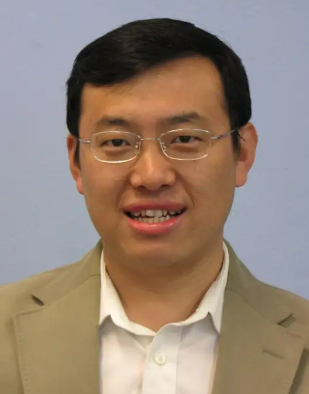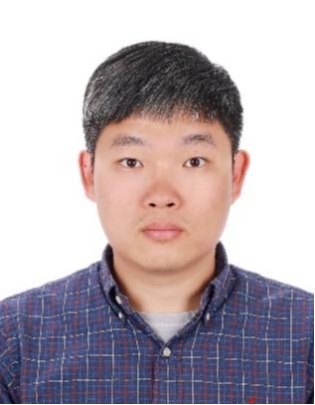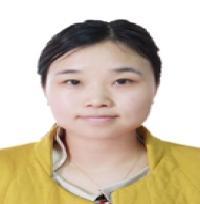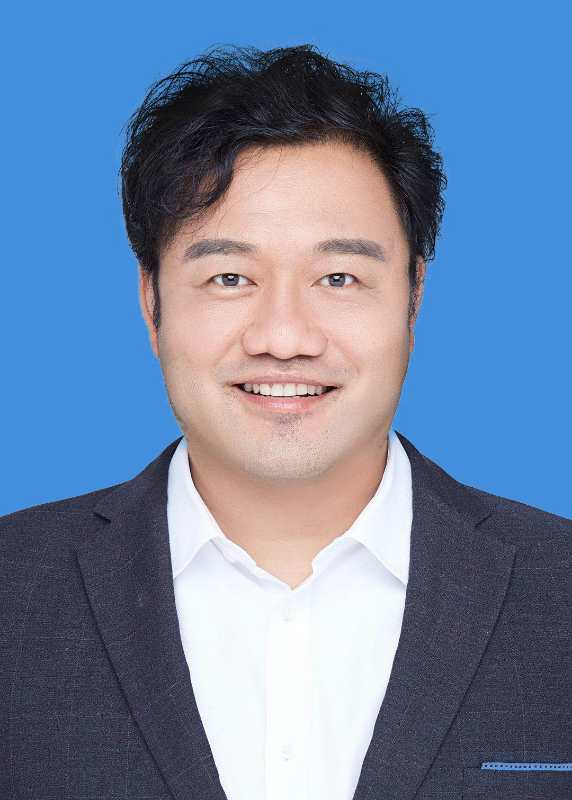
| Prof. Wei Zhang The University of New South Wales, Australia Professor Zhang Wei is currently a professor at the School of Electrical Engineering and Telecommunications at the University of New South Wales. He is an IEEE Fellow and an IET Fellow. He serves as the editor-in-chief of the Journal of Communications and Information Networks and concurrently holds the position of chair of the IEEE Technical Committee on Wireless Communications. Professor Zhang's research areas include space information networks, millimeter-wave communications, and massive MIMO technology. He is currently the editor-in-chief of the Journal of Communications and Information Networks and also serves as the area editor for IEEE Transactions on Wireless Communications. Additionally, Professor Zhang is the chair of the IEEE Communications Society’s Technical Committee on Wireless Communications, the vice chair of the Asia-Pacific Committee, and a member of the Communications Society Board. |
Prof. Yong Wang Harbin Institute of Technology, China Recipient of the National Science Fund for Distinguished Young Scholars. Selected for the National Excellent Young Scientists Program and the Ministry of Education's “New Century Excellent Talents Support Program.” In recent years, in the field of radar signal processing, published 170 academic papers as first or corresponding author, with a total of over 1,200 citations. Among these, 100 papers were indexed in SCI, receiving over 600 SCI citations; 29 papers indexed by EI, and 40 patents accepted or authorized. As principal investigator, he has undertaken the Harbin Institute of Technology Outstanding Basic Research Talent Advancement Cultivation Program, the Harbin Institute of Technology Outstanding Basic Research Talent Cultivation Program Category III (National Natural Science Foundation of China Outstanding Young Scientist Fund Cultivation Program), and one 985 Phase III Young Scholar Basic Research Capacity Building Project. He has undertaken 20 funded projects, including initiatives from national ministries, the National Natural Science Foundation of China (NSFC) General Program, the China Postdoctoral Science Foundation Special Support Program, and the 2011 Heilongjiang Provincial Postdoctoral Fund Special Support Program. |
| Prof. Qi WuBeihang University, China Professor and Doctoral Supervisor at Beihang University, Academic Leader of the State Key Laboratory of Electromagnetic Compatibility and Protection, and Head of a Scientific and Technological Innovation Team. Primarily engaged in research on antennas and electromagnetic compatibility. He earned his Ph.D. from Shanghai Jiao Tong University in 2009 and joined Beihang University as faculty the same year. He conducted research at the University of California, Los Angeles (UCLA) from 2011 to 2012 and served as a visiting professor at Hamburg University of Technology (TUHH) in Germany from 2014 to 2016. Dr. Wu Qi has published over 60 SCI-indexed journal papers, authored two academic monographs, and holds two U.S. patents and over 20 Chinese invention patents. His accolades include the URSI Young Scientist Award, Shanghai Outstanding Doctoral Dissertation Award, National Top 100 Dissertation Nomination, Alexander von Humboldt Fellowship, Ministry of Education Young Changjiang Scholar, and First Prize in the China Institute of Electronics Technology Invention Award. Under his guidance, students have achieved the National Silver Award in the “Internet Plus” Competition, three Beijing First Prizes, the Feng Ru Cup Special Award, the China Institute of Electronics Outstanding Thesis Award, and the National Electromagnetic Compatibility Conference Outstanding Paper Award. Over ten students have received the National Scholarship, Beijing Outstanding Graduate honors, and the Beihang University Youth May Fourth Medal. |
| Prof. Zaichen ZhangSoutheast University, China Prof. Zhang is a distinguished professor and doctoral supervisor at Southeast University, a specially appointed Changjiang Scholar, a fellow of the China Institute of Electronics, a member of the Teaching Guidance Committee for Electronic Information Disciplines of the Ministry of Education, the deputy director of the National Key Laboratory of Mobile Communications, the director of the Frontiers Science Center for Mobile Information Communication and Security under the Ministry of Education, and a part-time professor at the Zijinshan Laboratory. He currently serves as the Party Secretary and deputy director of the Academic Committee of the school. Professor Zhang has been engaged in fundamental and cutting-edge theoretical research in mobile communication for a long time. He has led more than 40 major research projects, including the National 863 Program, national major science and technology projects, and key international cooperation projects funded by the National Natural Science Foundation. He has published over 350 papers and has been granted more than 100 invention patents. |
| Prof. Min JiaHarbin Institute of Technology, China Prof. Min Jia, PhD supervisor, selected by the National High-level Young Talent Program, winner of Heilongjiang Provincial Youth Science and Technology Award, winner of Heilongjiang Provincial Outstanding Youth Fund, and academic leader of the fifth batch of Young Scientist Workshop at HIT. His main research interests are intelligent cognitive communication in air and space three-dimensional networks, including intelligent networking and communication in three-dimensional networks, frequency sharing theory and methods. He has published more than 100 SCI/EI search papers and 56 patents authorized by the first inventor. He is Vice Chair of IEEE ComSoc TCGCC, Director of Chinese Institute of Electronics, Committee Member of Communication Theory and Signal Processing in China Institute of Communications. |
| Researcher Feng QiShenyang Institute of Automation Chinese Academy of Sciences, China He serves as a Distinguished Core Researcher, doctoral advisor, and member of the Academic Committee at the Shenyang Institute of Automation, Chinese Academy of Sciences. He holds the following positions: National Expert Panel Member for High-Tech Fields, Director of Liaoning Provincial Key Laboratory of Terahertz Imaging and Perception, Chair of Academic Committee for Guangdong Provincial Key Laboratory of RF Metamaterials, Member of Academic Committee for Ministry of Education Key Laboratory of Terahertz Technology, Member of Academic Committee for CAS Key Laboratory of Optoelectronic Information Processing, Standing Committee Member of Terahertz Biophysics Branch of Chinese Society for Biophysics. Research areas include microwaves, lasers, radar, and acoustics. As principal investigator, he has led multiple national-level projects including Key Projects in the National High-Tech Field, the National Key R&D Program, and the National Natural Science Foundation of China. |




